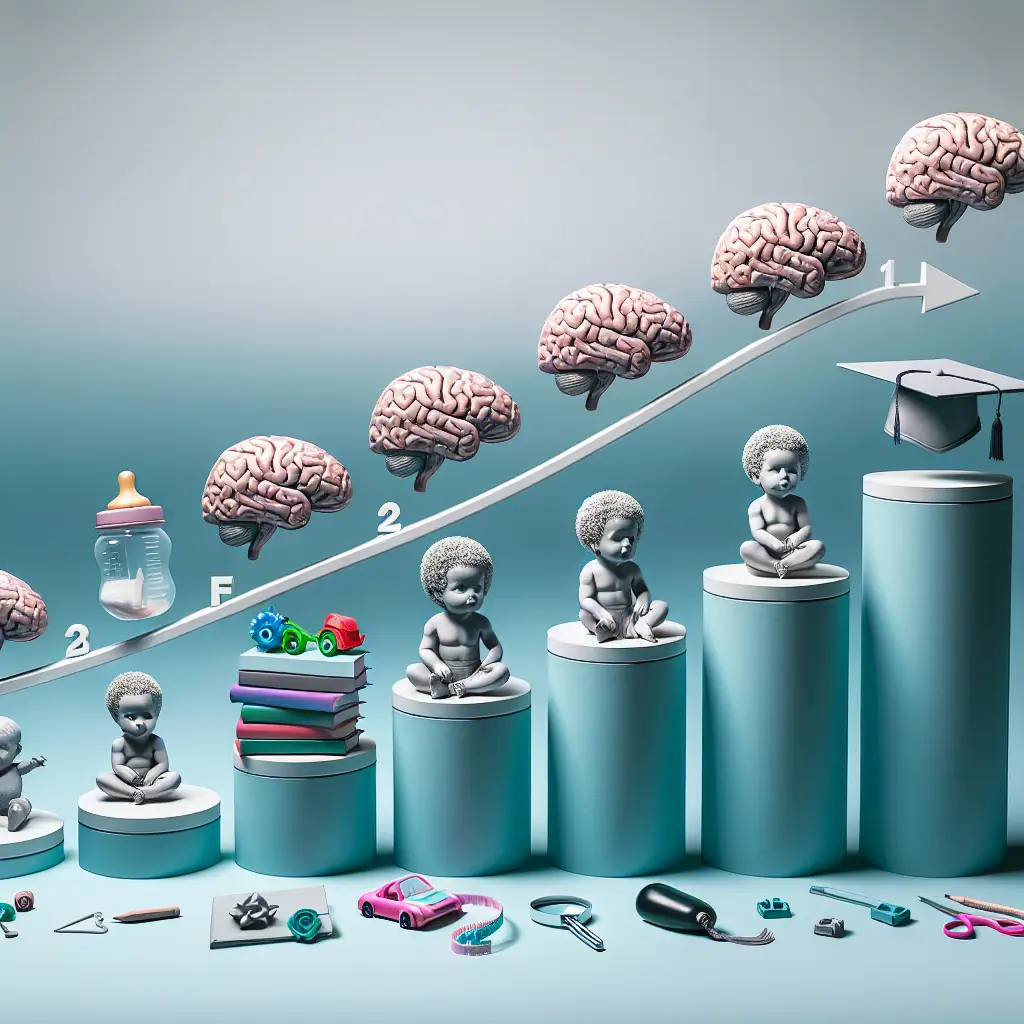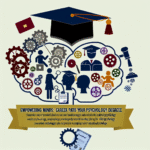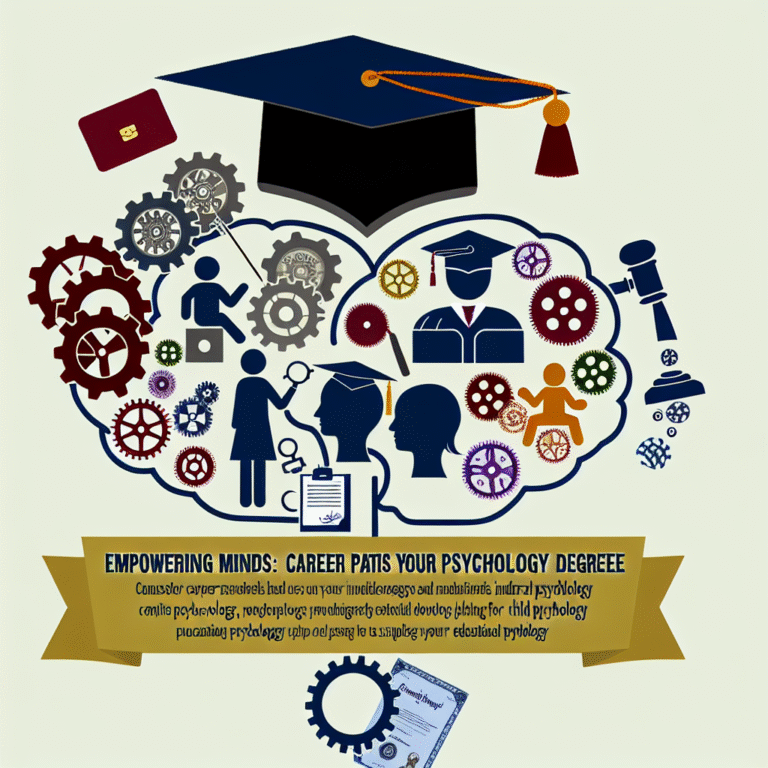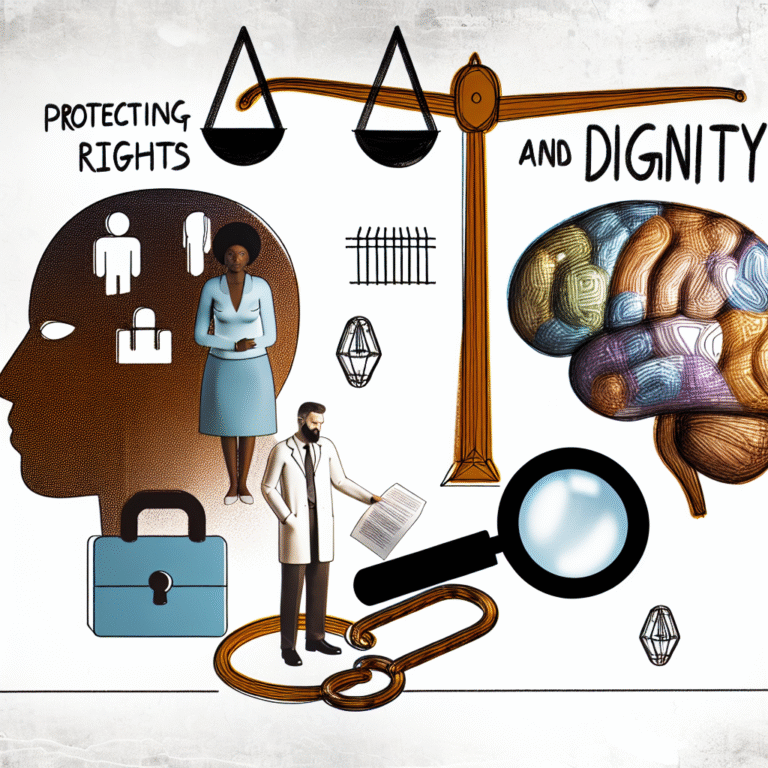
Cognitive Development Uncovered: Timeless Milestones from Birth to Adulthood
Introduction
Cognitive development is a wondrous journey that unfolds from the moment we take our first breath to the time we face the world as adults. It is a dynamic and ongoing process encompassing the ways we learn, think, and interact with our surroundings. In this comprehensive exploration, Cognitive Development Uncovered: Milestones from Birth to Adulthood, we will delve into the essential milestones that shape our cognitive abilities throughout various stages of life. Understanding these milestones not only illuminates the complexities of cognitive growth but also equips parents, educators, and individuals with the knowledge to foster optimal development at every stage.
Join us as we unpack this vital theme, revealing the intricacies and delights of cognitive growth from infancy to adulthood.
Understanding Cognitive Development
Cognitive development refers to the progression of thought processes, skills, and knowledge acquisition over time. The foundations of this development can be traced back to the groundbreaking work of developmental psychologists, such as Jean Piaget, Lev Vygotsky, and Erik Erikson. These theorists identified several key stages in cognitive development, highlighting critical milestones that manifest at distinct ages.
Key Theories of Cognitive Development
Piaget’s Stages of Cognitive Development:
- Sensorimotor Stage (0-2 Years): Children learn about the world through their senses and actions.
- Preoperational Stage (2-7 Years): Thinking becomes more symbolic, and children begin to engage in imaginative play.
- Concrete Operational Stage (7-11 Years): Logical thinking develops, allowing children to perform operations on concrete objects.
- Formal Operational Stage (12 and Up): Abstract reasoning emerges, and hypothetical thinking is possible.
Vygotsky’s Social Development Theory:
- Emphasizes the importance of social interactions and cultural context in cognitive development, proposing that learning occurs through guided participation and collaboration.
- Erikson’s Psychosocial Development Theory:
- While primarily focused on emotional and social development, each of Erikson’s stages correlates with cognitive milestones, showcasing how emotional growth influences cognitive capacities.
Milestones of Cognitive Development
Infancy (0-2 Years)
During infancy, cognitive development is characterized by the exploration of the world, primarily through sensory experiences.
Key Milestones:
- Object Permanence: Understanding that objects continue to exist even when they cannot be seen (usually develops around 8–12 months).
- Imitative Behavior: Infants begin to imitate actions of caregivers, laying the groundwork for social cognitive skills.
Real-World Case Study: The A-not-B Task
Researchers conducted the A-not-B task to assess object permanence in infants. In this task, an object was hidden in location A, and after several visible searches, the object was moved to location B. Infants often searched the original location A, illustrating the fundamental concepts surrounding object permanence and cognitive persistence.
Early Childhood (2-6 Years)
In early childhood, children engage in creative and imaginative play, which serves as a platform for cognitive growth.
Key Milestones:
- Symbolic Play: The ability to use objects to represent something else enhances cognitive flexibility.
- Language Development: Rapid vocabulary expansion, moving from single words to simple sentences.
Real-World Case Study: The Importance of Play
A study by the National Association for the Education of Young Children (NAEYC) highlighted the role of play in cognitive development. Children engaging in role-play were found to be better at problem-solving and demonstrating empathy. This underscores how play is intricately linked to developing cognitive skills in early childhood.
Middle Childhood (6-12 Years)
Middle childhood is marked by a significant increase in logical thinking and problem-solving abilities.
Key Milestones:
- Concrete Operations: Children begin to think logically about concrete events, understanding the concept of conservation (e.g., knowing that a ball of clay retains its volume regardless of shape).
- Metacognition: An awareness of one’s own thought processes emerges, empowering children to manage their learning strategies.
Real-World Case Study: The Use of Mathematical Games
A case study implemented in elementary schools showed that integrating mathematical games into the curriculum resulted in improved problem-solving skills and engagement in students aged 7-10. The games promoted logical thinking and reinforced mathematical concepts, facilitating better cognitive development in this age group.
Adolescence (12-18 Years)
Adolescence transitions individuals into more complex thought processes and moral reasoning.
Key Milestones:
- Abstract Thinking: Adolescents begin to consider hypothetical situations and engage in deductive reasoning.
- Identity Exploration: Cognitive growth at this stage often intersects with social identity and decision-making.
Real-World Case Study: Decision-Making in Adolescents
A renowned study on adolescent decision-making highlighted that adolescents often favor immediate rewards over long-term benefits due to ongoing brain development. The research illustrated the variations in cognitive evaluation during adolescence, marking an essential understanding of risk-taking behavior.
Early Adulthood (18-25 Years)
This stage is often characterized by the refinement of thought processes and the deepening of knowledge.
Key Milestones:
- Continuing Education and Skill Acquisition: Young adults may pursue higher education or vocational training, expanding their cognitive capacities.
- Complex Problem Solving: The ability to analyze complex problems with multiple variables becomes more pronounced.
Real-World Case Study: University Students’ Cognitive Skills
Research conducted at various universities indicated that students who were actively engaged in collaborative projects exhibited higher levels of critical thinking and problem-solving skills. This example underscores the necessity of engaging learning environments in promoting cognitive development during early adulthood.
Adulthood (25+ Years)
Cognitive development does not cease in early adulthood; rather, it evolves as life experiences contribute to ongoing growth.
Key Milestones:
- Expertise and Mastery: Accumulating specialized knowledge in specific domains fosters expert-level problem solving.
- Lifelong Learning: Adults increasingly recognize the value of continuous education to adapt and thrive in a rapidly changing world.
Real-World Case Study: Lifelong Learning Programs
A longitudinal study found that adults participating in lifelong learning programs demonstrated enhanced cognitive flexibility, memory retention, and problem-solving skills, showcasing the importance of ongoing intellectual engagement throughout adulthood.
Challenges to Cognitive Development
Despite the numerous milestones we celebrate, cognitive development can be hampered by various challenges that manifest across different life stages.
Environmental Factors
A stimulating environment rich in opportunities for learning and exploration is vital. Conversely, poverty, neglect, or a lack of educational resources can impede cognitive development.
Biological Factors
Genetics and health conditions can also play a role in cognitive capabilities. Factors such as nutrition during pregnancy and early childhood can significantly impact cognitive milestones.
Psychological Factors
Mental health is intricately linked to cognitive processes. Conditions such as anxiety or depression can stall cognitive progress, affecting learning and memory.
Conclusion
Understanding Cognitive Development Uncovered: Milestones from Birth to Adulthood provides invaluable insights into how we grow as thinkers and learners. By appreciating the various stages and factors influencing cognitive growth, parents, educators, and individuals can take active steps to foster and support this journey.
From nurturing an infant’s curiosity to challenging an adolescent’s reasoning skills, our roles as caregivers, mentors, and community members are crucial in shaping the cognitive landscapes of future generations.
Actionable Insights
- Create stimulating environments for children and adolescents rich with diverse learning opportunities.
- Promote lifelong learning as a key component of cognitive health in adulthood.
- Recognize mental health’s role in cognitive achievement and develop supportive frameworks to assist those in need.
FAQs About Cognitive Development
1. What are the key stages of cognitive development?
Cognitive development is generally divided into four stages: sensorimotor, preoperational, concrete operational, and formal operational. These stages reflect how thinking processes evolve from infancy through adulthood.
2. How can parents support cognitive development in infants?
Engaging infants through interactive play, reading aloud, and providing sensory-rich experiences can significantly support early cognitive development.
3. What role do educational environments play in cognitive development?
Educational settings offer structured opportunities for cognitive growth through social interaction, critical thinking, and problem-solving, directly influencing children’s cognitive milestones.
4. Can cognitive development be enhanced later in life?
Absolutely! Lifelong learning, engaging in complex problem solving, and maintaining social connections can foster cognitive development well into adulthood.
5. What are some signs of cognitive delays in children?
Signs can include difficulty following instructions, challenges in memory retention, trouble with speech and language development, and issues with problem-solving skills. Early intervention is crucial for supporting cognitive growth.
By understanding cognitive milestones from birth to adulthood, we can better equip ourselves and the next generation to navigate the world intelligently and adaptively. Join the conversation about cognitive development and embrace the beauty of learning at every stage!
















